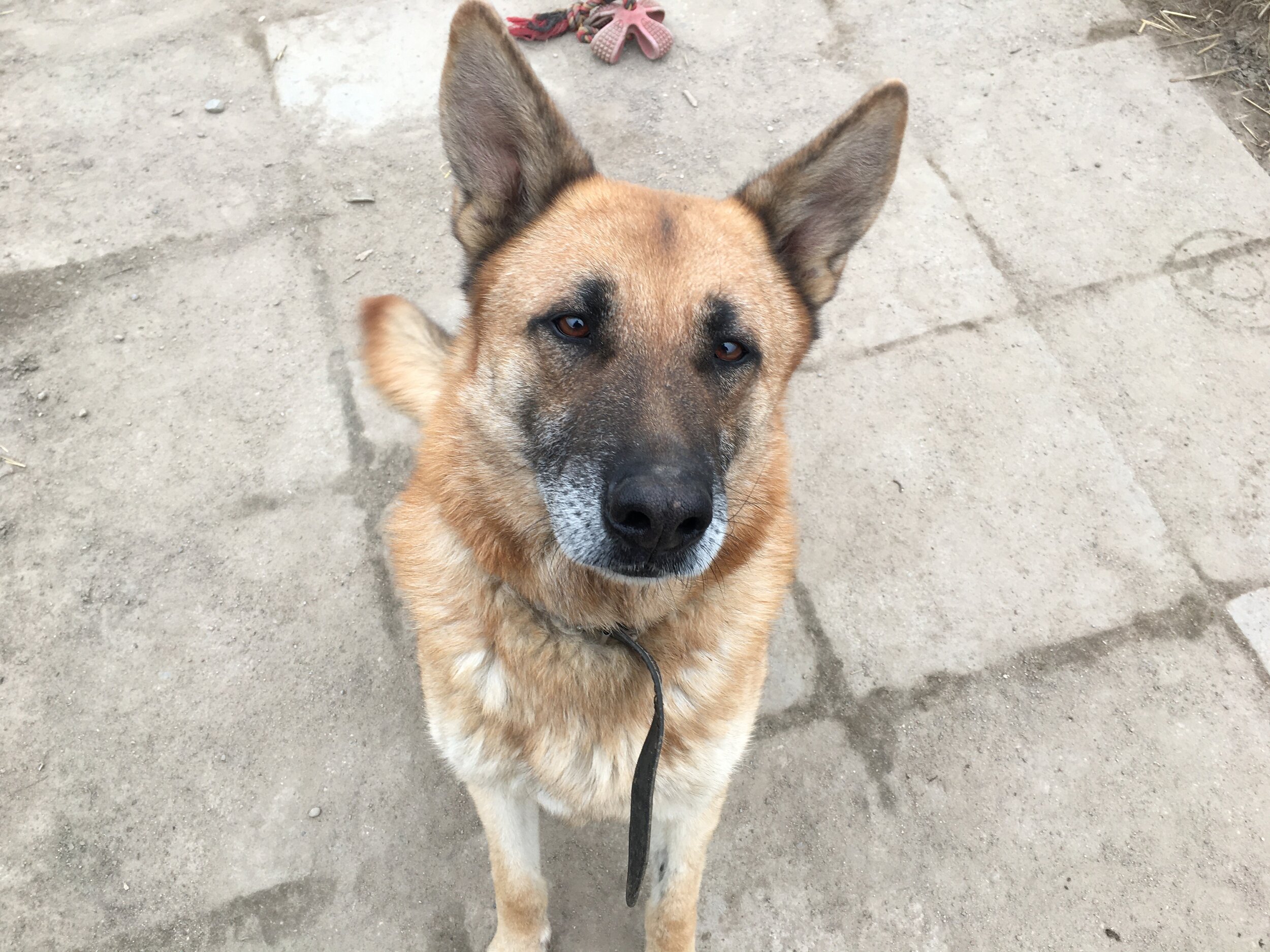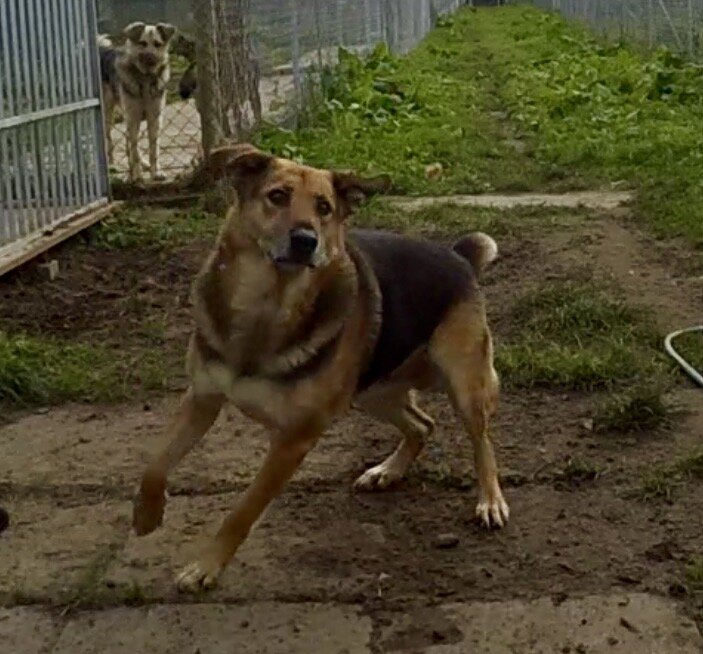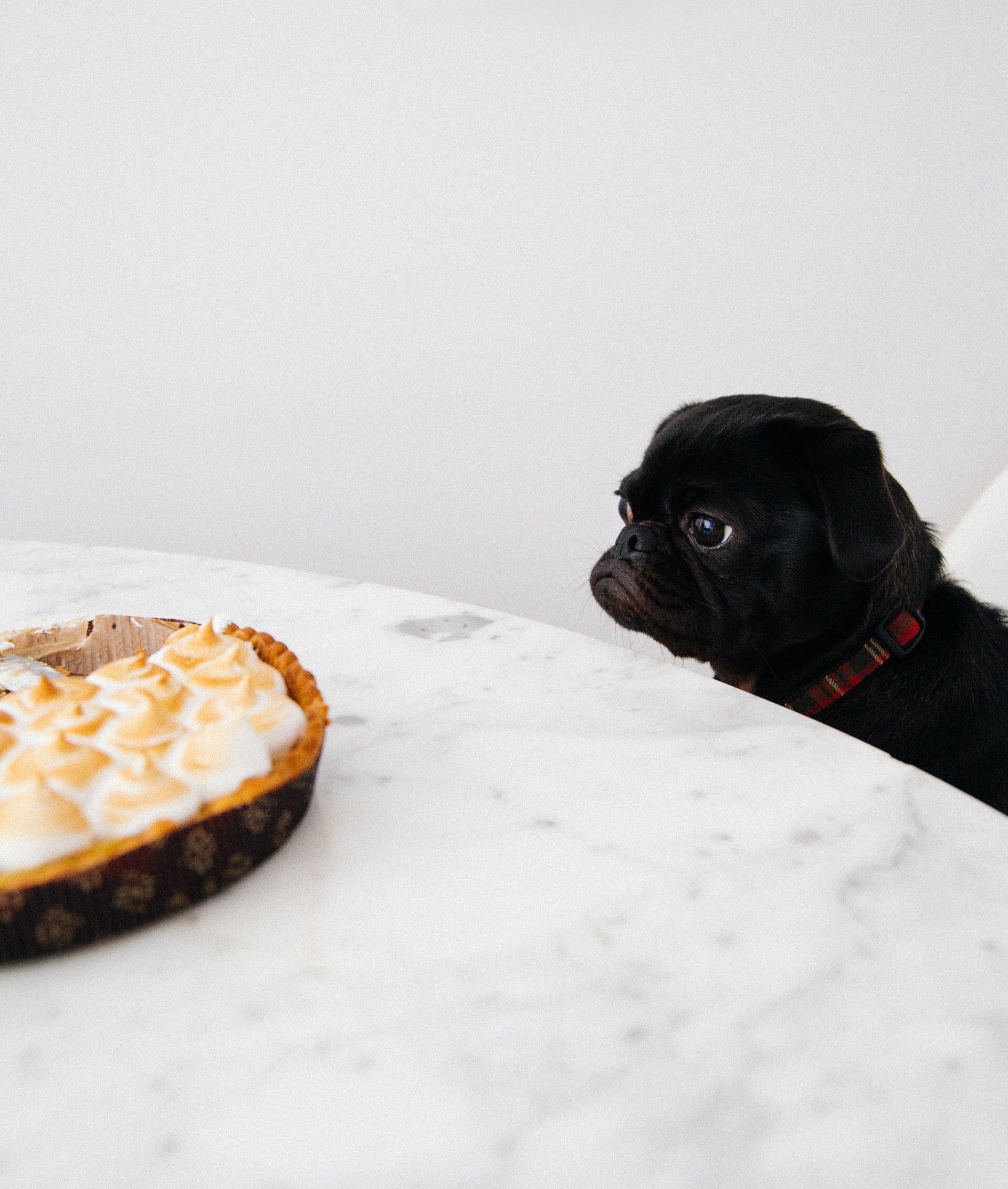Tips on loose leash walking (video)
Loose leash walking has a lot of complexity to it. In reality, there are many behaviours that need to be taught but even more importantly every change in the environment can affect it! Here are a few tips and tricks that you can try while training your dog.
4 points to remember to take dog biting seriously
Dog bites happen more often than you might think!
The headlines are usually only taken by those very rare fatal cases or by very severe injuries. Don't get fooled by it. Every dog can bite and that includes your beloved French Bulldog, Labrador or Shih Tzu.
Prevention is better than a cure! Read 4 points to remember to take this problem seriously!
Why didn't I use a clicker?
Looking back at the muzzle training video I could have changed many things to make the training more successful and the progress faster. Clicker training is a powerful tool but isn't necessary. Every session is a learning experience not only for the dog but also for the trainer. I'm not afraid to try and learn from the "miss-takes" I make. It's not a failure it's an information-gathering process
What is muzzle training and how to do it?
Muzzle training can be a great game to play with your dog. It has nothing to do with your dog being "aggressive" but it can be useful for situations like painful vet visits. Your dog can learn to love wearing the muzzle if you give it a try. Treat it as an exercise that is about the journey, not the destination and enjoy the process.
Working with client with disability
Do you learn from people you are in contact with? Recently I encounter a challenge to work with a client who is legally blind. I needed to find new ways of teaching but most importantly I had to listen. It’s through communication that we found the best ways to move forward. In the end, we not only succeeded with training the dog so both she and the owner are happy but I also learned and grew as a person. It made me a better trainer and more compassionate human being.
Challenge - Train yourself to look for the behaviours you like
Are you willing to take on the challenge of looking for the behaviours you like? Whether it's in your dogs' behaviour or in your own behaviour! Change can start from this simple (yet not easy!) exercise of noticing the behaviours you like instead of the ones you want to change.
Why isn’t my dog coming when I call him?
How many of you wonder “why isn’t my dog coming when I call him?” Have you noticed what are your first thoughts and reactions about it? Did you ever thought “he just wants to make me angry”? Read more on the blog to find out how changing the way you interpret his “misbehaviour” can be the first great step to long lasting change and deepening loving bond between you.
How to use positive reinforcement with people?
This blog is about applying positive reinforcement to human learners. I talk from a perspective of animal trainer teaching human clients how to train their animals. It might not be applicable to you but I would encourage you to read anyway and see if there is anything you can apply to your life and your situation. Behavioural science principles are universal, can you recognise that?
One of the least known signs of fear in dogs
I've been there too! I saw a dog who is coming to me, being all cute and affectionate and I believed he is happy to see me. As long as it can be the case, there are times when dogs affection can mean "I'm not a threat to you, I won't harm you, I love you, please don't hurt me!". Watch out for the little signs and help your dog get more confidence around people with positive training.
How to set your new puppy up for success part 2
The second part of the blog with 5 more tips on what to do to avoid mistakes and set your new puppy up for success.
Dog training in animal shelter - dealing with mistakes (video)
We can have a training plan in mind but it's the dog who will tell us if the plan is good or not. Don’t be afraid to move back a few steps in your training plan and ask for less at any point. Work with whatever you have in front of you. Looking back at the video you've made, you might realise whose mistake that really was.
Impulse control vs. trial and success learning
Instead of trying to develop an impulse control inside the animal, I much rather prefer to focus on teaching the essential skills that my dog needs. When you teach all of the skills step by step, you teach by adding successes not by eliminating errors.












